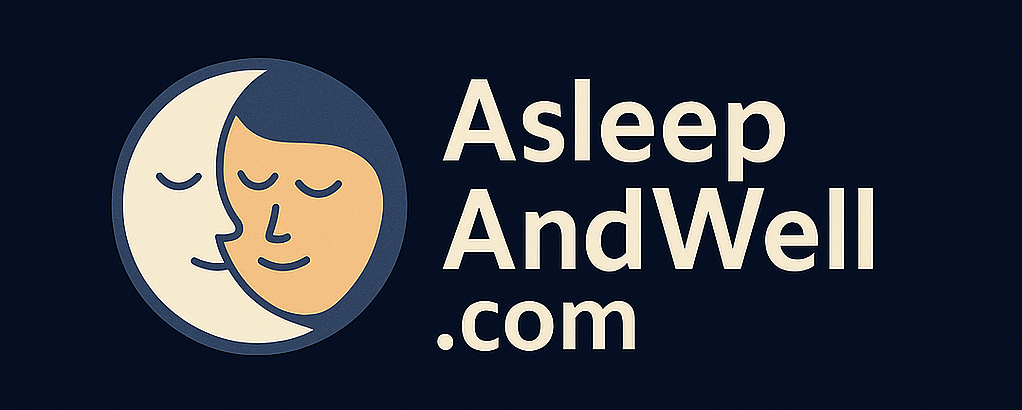🌗 Early Birds & Night Owls – What Your Sleep Rhythm Really Means
Not everyone is built for 6am starts – and not everyone can wind down by 9pm. Some of us thrive in the morning. Others only hit their stride after dark. But does it actually matter when you sleep, as long as you’re getting enough?
Let’s explore the truth behind chronotypes, why your rhythm matters, and how you can sleep better by working with your natural tendencies, not against them.
🔍 How to Tell If You’re an Early Bird or Night Owl
Not sure where you land? Here are a few common behaviours of morning people and evening people to help you spot your natural rhythm:
You might be an early bird if…
- You wake up easily without an alarm
- You’re most productive before lunch
- You get sleepy by 9–10pm
- You like quiet mornings and early starts
You might be a night owl if…
- You struggle to feel alert before 10am
- Your creativity peaks in the evening
- You feel fully awake late at night
- You find mornings groggy, no matter how much sleep you get
And remember – there’s no “right” answer. You might shift over time or fall somewhere in the middle. The goal isn’t to label yourself, but to better understand when your mind and body naturally feel best.
🧬 What Are Chronotypes?
A chronotype is your body’s natural preference for sleeping and waking. It’s not just a personality quirk – it’s shaped by genetics, hormones, light exposure, and age.
Most people fall loosely into two camps:
- Early Birds (also called morning people/morning person): Feel most alert in the morning and wind down early in the evening.
- Night Owls (aka night people/night person): Feel foggy in the morning but mentally sharper in the evening and late at night.
Don’t forget, you may fall somewhere in the middle – or where you are ‘positioned’ may shift over time. Teenagers, for example, often become night owls during adolescence, while older adults may shift earlier.
⚖️ Neither Is “Better” – Just Different
Here’s the key:
Being an evening person doesn’t mean you’re lazy.
Being a morning person doesn’t mean you’re more disciplined.
These are biological tendencies, not moral ones.
What really causes problems is a mismatch between your internal rhythm and your external schedule. That mismatch can lead to:
- Trouble falling asleep (or waking up too early)
- Brain fog or fatigue in the “wrong” part of the day
- Social jet lag – when your body clock and real-world clock clash
- Long-term effects on mood, focus, and even metabolic health
So instead of fighting it, the goal is to align where you can – and soften the mismatch where you can’t.
⏳ Can You Change Your Chronotype?
You can’t easily swap your type completely, but you can make small shifts to ease your rhythm in one direction.
If You’re a Night Owl:
- Get sunlight early in the day – this nudges your body clock earlier
- Stick to a consistent wake-up time, even on weekends
- Avoid screens 1–2 hours before bed to let melatonin rise naturally
If You’re an Early Bird:
- Dim lights in the evening to stay up longer when needed
- Avoid scheduling demanding tasks too early in the evening
- Allow yourself a short rest or power nap if you’re waking up before 6am
The idea isn’t to change who you are, but to make your environment a better match for your natural rhythm.
💼 What If My Schedule Doesn’t Match My Rhythm?
You’re not alone – many people work jobs or live lifestyles that clash with their natural sleep timing.
If you’re a night person stuck in an early world:
- Try shifting bedtime earlier in small chunks (15–30 mins at a time)
- Use light exposure + movement in the morning to shake off grogginess
- Save your most demanding tasks for late morning or afternoon, when you’re more alert
If you’re a morning person on late-night shifts:
- Use blackout curtains and sound protection during daytime sleep
- Take a short walk under bright lights before your shift to reset energy levels
- Avoid heavy meals close to your adjusted “bedtime”
📝 Final Thoughts
Whether you’re a morning person, night owl, or somewhere in between, your rhythm is valid. It’s not a flaw – it’s part of how you’re wired. You don’t need to force yourself into someone else’s idea of productive.
Instead, understand your chronotype, honour it where possible, and use small adjustments to gently improve how you feel throughout the day.
Good sleep doesn’t have to start with a 5am alarm. It starts with understanding yourself.
